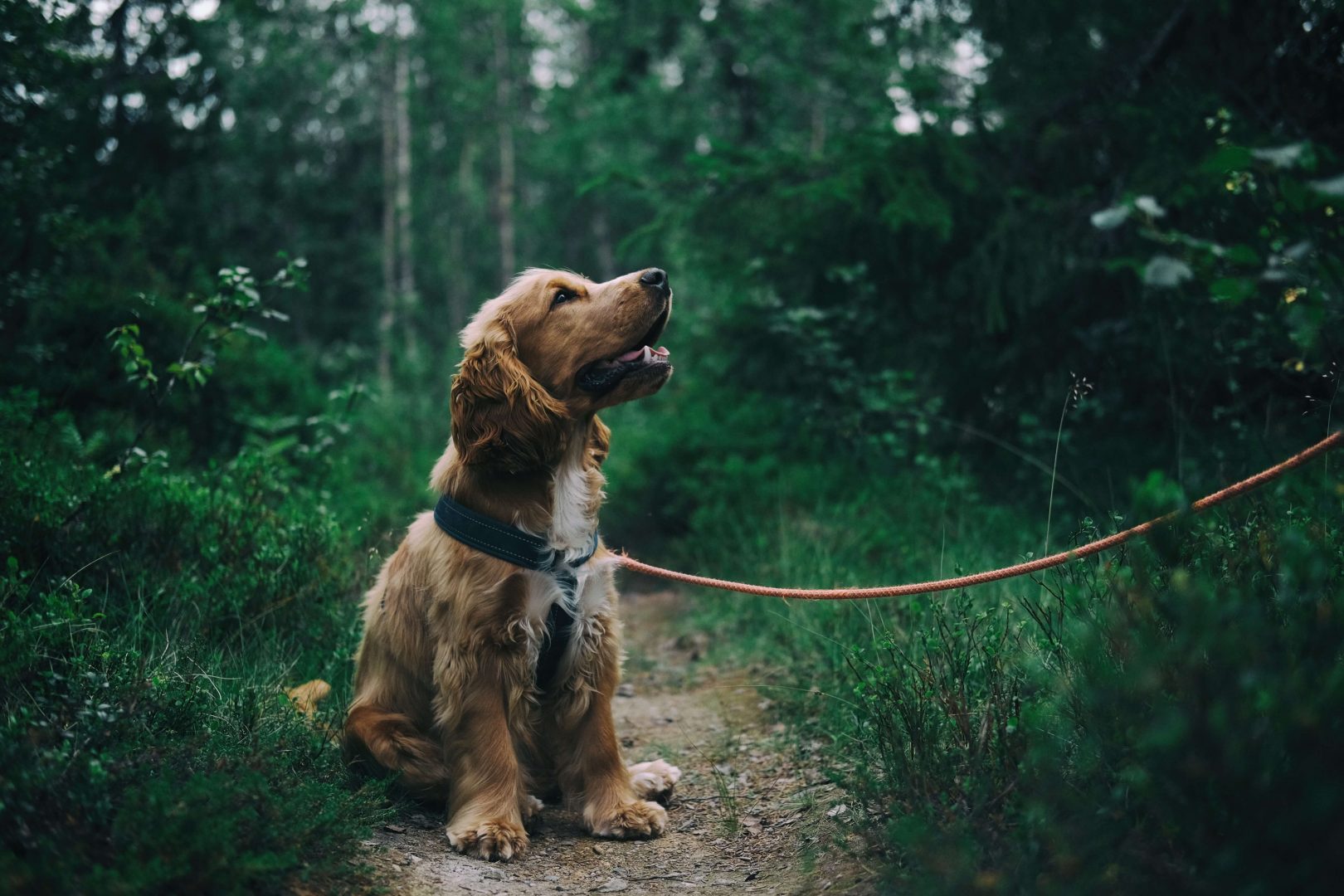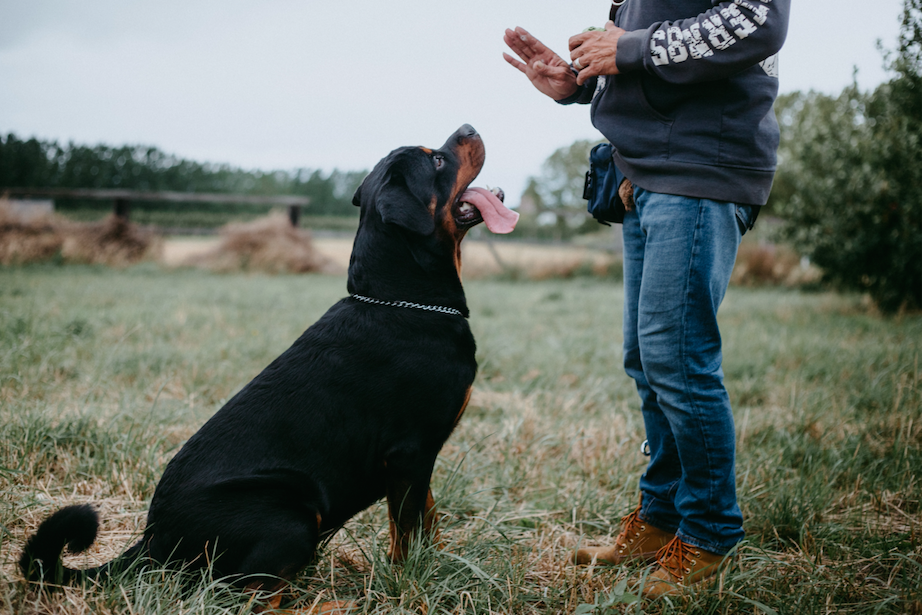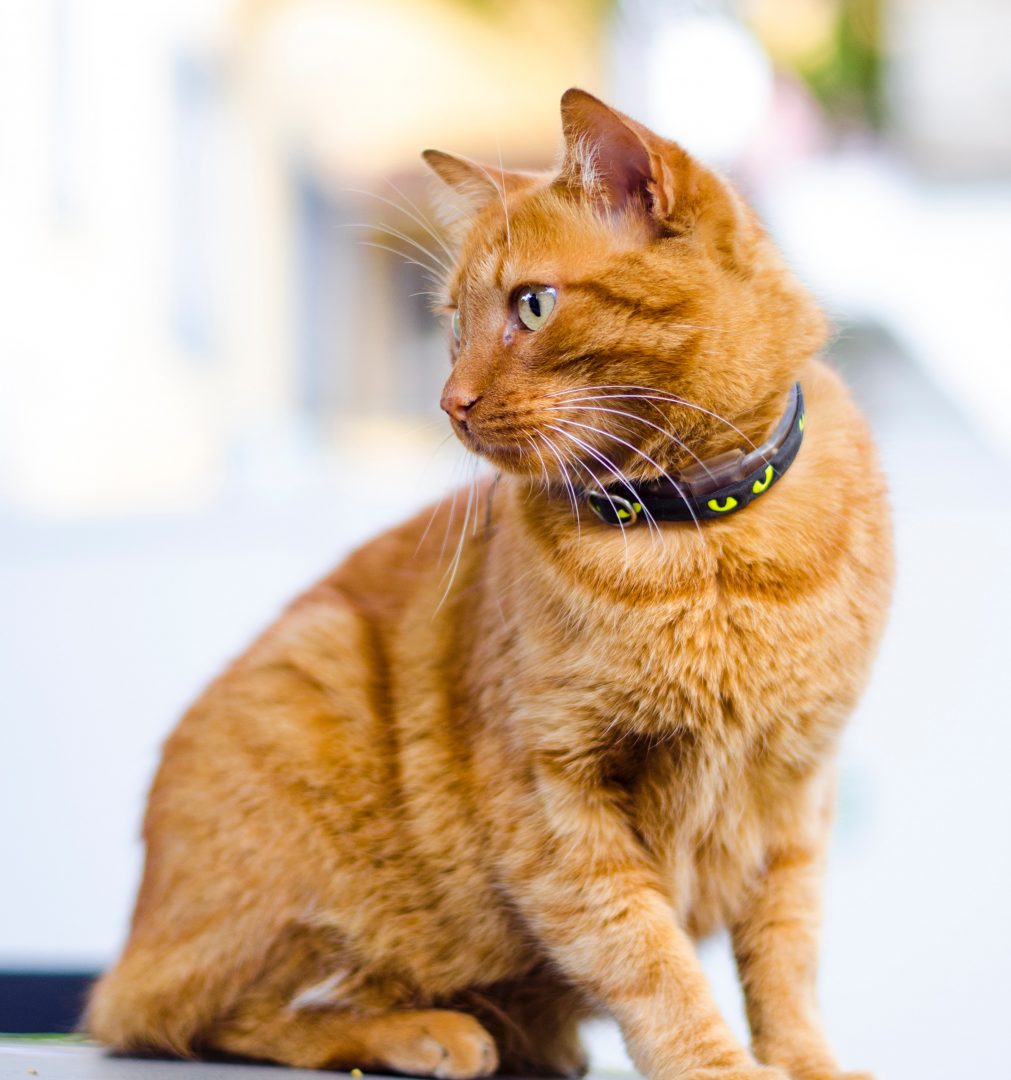If you’re business minded and love animals, why not combine the two and specialise in pet care?
With a growing proportion of homes choosing pets over children, it’s no surprise that doting pet owners are willing to shell out on their fur babies. What might start as a small business idea, could end up becoming huge.
Britain has long been known as a nation of pet lovers, and represents a hefty chunk of the pet market in Europe and across the world. We spent an estimated £7.16 billion on our animals in 2015 alone, and the figure continues to climb. Nearly half of all British households are home to at least one pet; 26% of homes count a dog, while 18% favour cats.
Internationally, China is experiencing annual growth rates in pet ownership of more than 30% annually, making it the third most valuable market after the United States and Japan.
Market research firm Mintel reports that pet owners would rather cut back on spending on themselves than pets, and two in five millennial pet owners spend as much on gifts for their pet as on their human friends.
So how might you get into the pet business? This article presents ten ideas for pet-focused products and services to inspire you.
1. Dog Walking

One of the simplest ways of starting a pet business is through offering dog walking – it requires very little in the way of equipment and can turn into a regular gig if you and the pup hit it off. 10% of dog owners have hired a dog walker at least once, and that number almost doubles for owners in their early 20s.
If you decide to become a dog walker, don’t forget to take out pet business insurance in case of accidents – and consider registering with a trade body such as the National Association of Pet Sitters & Dog Walkers (NarpsUK).
2. Pet Sitting

Reliable, trustworthy pet sitters are invaluable to owners who travel often or work long hours away from home. While it may be a little more difficult to score your first clients, this is a business where word of mouth is extremely valuable – do a good job and you’re likely to earn additional work through your client or their friends.
While it’s not strictly required, a criminal record check is valuable. Don’t forget pet business insurance, and think about taking a course in animal first aid.
3. Pet Boarding

Kennels and catteries are popular with pet owners who would rather not give access to their home while they’re away. They require plenty of space and you’ll need to contact your local council to apply for an animal boarding establishment licence. An inspector will check that you are providing adequate shelter, food, water, exercise and protection from disease – they can check in at any time. It’s more difficult to set up a boarding establishment than a pet sitting service, but can be very rewarding.
4. Animal Training

Confident in your pet-whispering prowess? Consider putting your skills to use as a trainer. Good training can help anxious, unhappy animals to settle into their homes and nip bad habits in the bud.
Even better, you could train assistance dogs or therapy animals – they are increasingly popular for mental health support and can really change lives.
5. Pet Grooming

Cats, dogs and rabbits require regular grooming to keep coats healthy and hairballs in check, but many pet owners are short on time or struggle to get their pet to cooperate. Long-haired breeds like poodles and Angora rabbits need regular brushing to prevent matting, while hairless Sphynx cats need regular baths. If you know your way around a comb and claw clippers, perhaps this could be the job for you?
6. Pet Food

Dog and cat food alone are worth £2.5 billion in the UK, and recent years have seen a surge in popularity for high quality, filler-free food designed specifically for critters. London’s own Lily’s Kitchen boasts recipes that are fit for humans – in fact, founder Henrietta Morrison regularly taste-tests batches herself.
Raw food is increasingly popular as it promises a closer diet to a wild cat or dog’s; it takes specialist equipment and needs to be stored and delivered carefully. Artisan treats like home baked dog biscuits are a bit more palatable and would be perfect for local markets.
On the other end of the scale, novelty treats like cat wine and dog chocolate are cropping up everywhere – if you have an unusual idea, why not give it a go?
7. Pet Collars and Gear

Bring a little sartorial flair to collars, harnesses, coats and boots – you name it, somebody’s looking for it. Talented knitters might consider making cosy jumpers for hairless cats, or you could sew sturdy canvas collars for pet owners eschewing leather. Adventurous pets might require specialised life jackets or waterproof coats, while nervous animals might appreciate weighted vests. London’s Tales of Teddy makes luxurious leather and rope leads along with dishes and blankets that look like they came straight out of a decor magazine.
8. Pet Furniture

It makes sense that design-conscious pet owners are springing for more aesthetically pleasing equipment. Why settle for bog-standard basics when you could opt for Red Dot Design Award-winning litter trays, midcentury modern scratching pads and hand-carved dog beds with memory foam mattresses?
If you’re feeling particularly hands-on, celebrity cat expert Jackson Galaxy regularly prescribes enrichment for indoor felines – enclosed patios, high-up shelving and cosy nooks are all stimulating and simple enough for the DIY-inclined. Why not offer a custom enrichment service for urban pets?
9. Pet Toys

Play is essential for bonding, mental stimulation and curbing aggression, and the possibilities are limitless. Go high-tech by incorporating smartphone controls or improve on old favourites like catnip mice with sustainable, organic materials. Feeding toys and puzzle games are also a growing niche and are thought to help keep pets’ minds sharp and appetites healthy.
10. Custom Pet Portraits
Artistically inclined entrepreneurs are in luck: pet portraits are huge, and all kinds of art styles are in demand. Whether you specialise in watercolour, tattoo art, sculpture or embroidery, there’s a buyer for you – in fact, custom portraits are one of the most popular categories on Etsy, and it’s easy to set up a shop. Most sellers work from photographs and offer a turnaround time of a couple of weeks.
Photography is just as valuable, although it relies on either local clientele or your willingness to travel. If you decide to take this route, advertise locally and think about selling unique photo books and keepsakes.

What Are the Most Profitable Animal Business Ideas in the UK?
There are a variety of different animal business ideas that can end up being incredibly profitable. Many profitable business ideas within this area will be necessities for your clients and their pets, including the following:
- Pet training
- Dog walking
- Pet grooming
Many pet owners will have to train their pet, however, many also don’t know where to start with this training. It’s all well and good teaching a dog to sit, however, when it comes to house training, walking on a lead and socialising with other animals in public, many pet owners will have to enlist the help of a trainer.
Pet training is a popular service many owners will get, whether it’s to housetrain their new puppy, help out a misbehaving animal, or undergo specialised training for certain services (e.g. assistance and therapy animals). Therefore, pet training could be a considerably profitable business to go into.
Another essential service many pet owners will need whilst out during the day is a dog walker. It’s unfair to leave a dog on its own all day, meaning many owners enlist the help of a dog walking service.
Dog walkers can make good money visiting their furry clients. Many dog walkers also extend their services to other types of animals, making house calls to home-alone pets whilst their owners are out for the day.
Pet grooming is another business many pet owners deem a necessity. Whilst many use them for more essential maintenance (cutting nails and trimming overgrown fur etc.) others who show their pets professionally, or have them work in the entertainment industry, will also use these services frequently to keep their pets well-groomed.
How to Effectively Market Your Animal Business Idea
As with any marketing strategy, there are a range of different tactics to consider to help effectively market your business, creating interest and further generating sales.
One of the most important steps in effectively marketing your animal business is to find your target audience and reach out to it. Ask yourself, what groups of customers are most likely to be interested in your business? and how do you reach these groups to generate buzz around the business’s products/services?
Attending trade shows and exhibitions as well as popular pet shows can help to get your business the exposure it needs, getting the pet and animal-lover community talking about your products/services, and increasing interest in them.
Additionally, having a strong digital presence can also help to further attract customers to your business. Promoting your brand’s social media accounts as well as optimising your business’s website can help in strengthening this presence.
What Low-Cost Animal Business Ideas Could I Do in the UK?
Whilst turning some animal business ideas into a reality may be expensive, certain ventures may cost less to start than others. For example, having a pet sitting service won’t require as much equipment as other types of animal-related ventures, as you won’t need a shop or specialist equipment to conduct your business.
This differs drastically to other forms of pet businesses, such as pet grooming, which will often require a shop and a multitude of equipment to carry out pampering and grooming.
Other low-cost animal business ideas include dog walking and pet training services, again, as they often require little specialist equipment, and can be set up from your own home.



